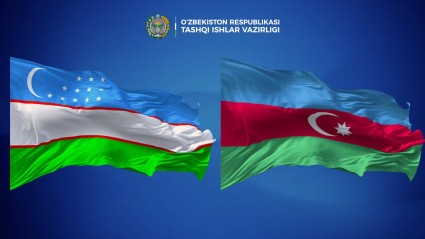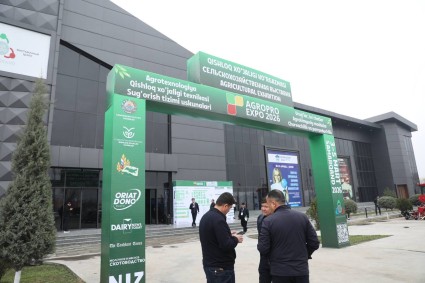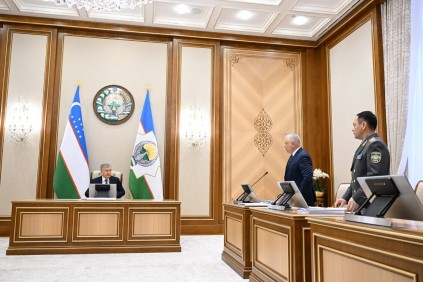UNDP in partnership with Uzhydromet hosted the second basin planning workshop to build better understanding of the current state and potential impact of climate change on livelihoods of people at selected pilot (national) river basins areas in the Ferghana Valley.
The event is a follow up meeting of the first workshop that took place on 29-30th August 2022, where together with 40 government officials, basin organizations, local and national water professionals, experts, and mid-carrier policy makers selected 3 pilot (national) river basins in the Ferghana Valley for further actions. This time, the aim was to discuss the existing climate-related risk to include them into the three pilot river basin plans, elaboration of plans and to develop plan of further joint actions on eliminating climate-induced risks.
The event was organized withing the UNDP, Uzhydromet project, funded by EU, “Climate Change and Resilience in Central Asia”. The project is aimed at supporting stability and climate resilient development in the Fergana Valley, a transboundary area among the Kyrgyz Republic, the Republic of Tajikistan, and the Republic of Uzbekistan. One of the key interventions of the project is to enhance river basin management plans to improve sustainable use of water resources in the national part of the Ferghana Valley.
The participants highlighted current water and environmental issues of the selected Mailysai, Shakhimardonsay and Padshata river basins and made recommendations on improving the situation with climate change risks. As transboundary cooperation plays a vital role in future planning, the participants developed effective mechanisms to strengthen the efforts between Uzbekistan, Kyrgyzstan and Tajikistan in this direction.
Extreme weather events particularly mudflows have become more frequent in the rivers of Ferghana Valley, and these threats can cause natural disasters due to the lack of early warning mechanisms for the local population. This issue was also in the center of the discussion among the participants. They formulatet a water policy that takes into account the climate fragility risk and to develop river basin management plans that will allow forecasting and informing the population of the Ferghana Valley about impending natural disasters.
For the sustainable management of small river basins, experts suggested that it is essential to introduce resource-saving technologies, restoration of riverbeds after natural disasters, digitalization of the water accounting system and prepared the compiling matrix of actions for 2023.
As a conclusion of the event, the field trip was organized to Podshota river basin to witness the realities of climate change risks.














